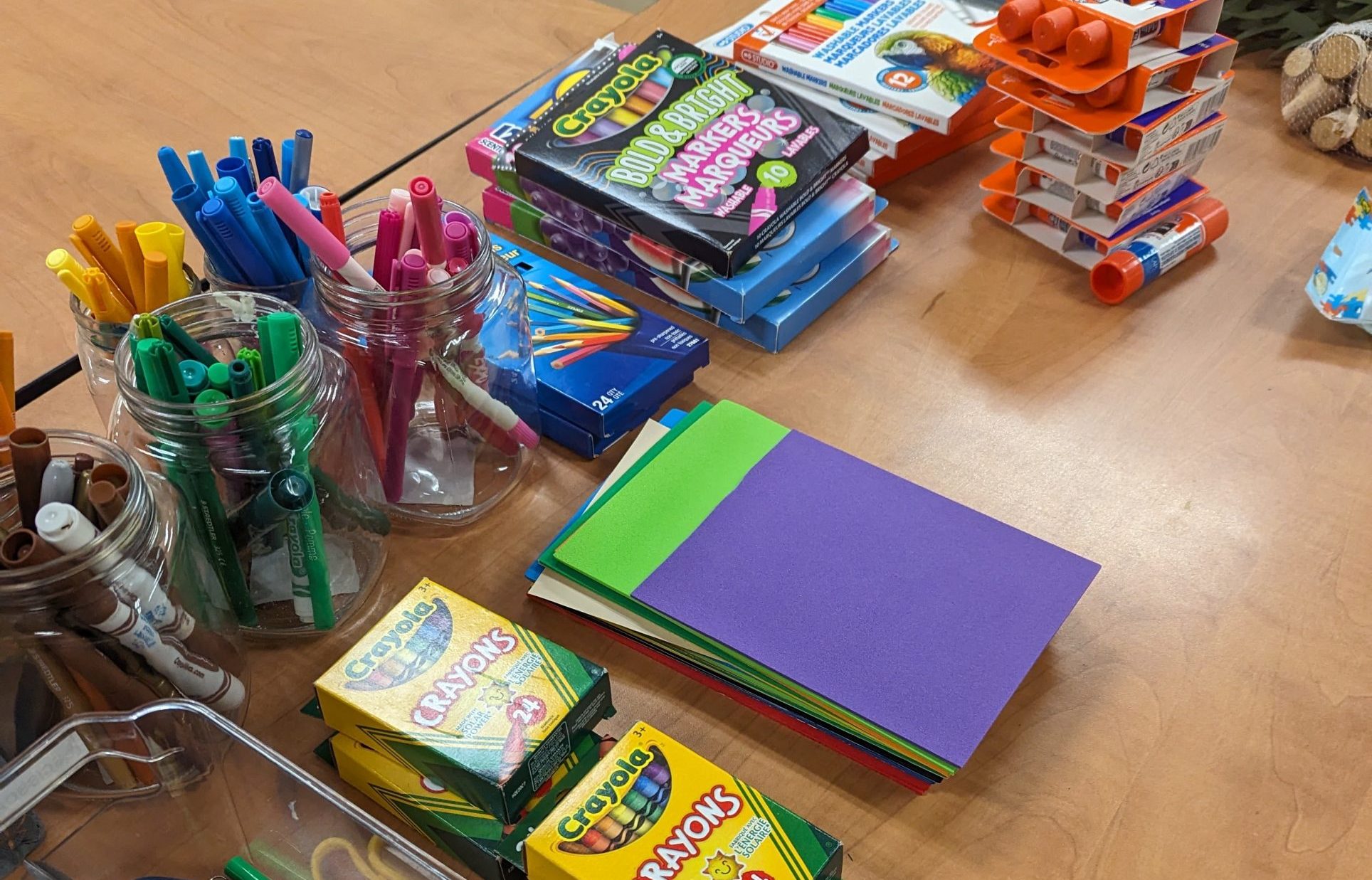A strengths-based approach in therapeutic recreation has long been the guiding principle to practicing as a recreational therapist. It has deep roots in positive and humanistic psychology (Austin & McCormick, 2017). A strengths-based approach through service delivery models such as the Leisure Well-being and Flourishing Through Leisure Model identifies an individual’s strengths to increase capabilities related to living well while simultaneously addressing problems and barriers (Hood & Carruthers, 2016). Evaluation in recreation therapy is integral to the therapeutic Assessment, Planning, Implementation and Evaluation (APIE) process. Much like Assessment, evaluations collect and analyze information to determine the effectiveness of the TR program/intervention (Stumbo & Peterson, 2009). Recreation therapists can approach their evaluation methods with a strengths-based approach based on the inspiration of the RVRE Model first introduced to us by Teles (2021). Teles challenges recreation therapists to consider the RVRE model and breaks it down into Re-Storying, Vision, Re-Creation and Efficacy. This blog will use the RVRE concept, specifically Efficacy, to craft strengths-based evaluation questions in therapeutic recreation practice.
Understanding Strengths-Based Approaches
A strengths-based approach entails developing an ethic of care that honours the individual for the person they are rather than their disease and enables them to become a therapeutic partner (O’Keefe, 2005). In addition, a strengths-based approach utilizes an individual’s external strengths and the environment in which they live to support outcomes. In a deficit-focused practice (often referred to as the medical model), we aim to solve problems based solely on the diagnosis, condition, illness, disability or any other poor functioning (Anderson & Heyne, 2013) via assessments and, by extension, the evaluations we use to seek change prioritize evaluation questions that highlight the individual’s shortcomings, limitations and areas of improvement (Warren et al., 2022). Shifting our focus from a “fix it” mindset to an “instilling hope” mindset allows Recreation Therapists to support their client to realize their dreams, aspirations, and goals.
Principles of Strengths-Based Evaluation
The fundamental principles that underpin a strengths-based evaluation focus on a wrap-around approach and influence all aspects of the formative evaluation process (Warren et al., 2022). It is imperative that when designing an evaluation, we consider the experience of our participant during their involvement in interventions/programs. Through the participants’ experience, they can make meaning and own it, adding value to the intervention/programs (O’Keefe, 2005). In addition, when we use strengths-based evaluations, Recreation Therapists
can identify the primary sources of support provided by the program/intervention, the processes by which they are delivered and the benefits accrued by the participant (Warren et al., 2022). A key finding from the study by Warren et al. (2022) was that incarcerated women used the program as a vital source of support that led to empowerment to gain skills to transition into society and make an attitudinal shift that led to living a life of more meaning. This “meaning” highlights the Efficacy of the RVRE model (Teles, 2021, p. 75) and provides insight into crafting strengths-based evaluation questions.
Crafting Strengths-Based Evaluation Questions
When crafting strengths-based evaluation questions, we must consider the above: the participant’s experiences, the value of the program/intervention provided, and the processes by which it is delivered. However, we can gain a lot from participant observation (Teles, 2021). Teles (2021) advises paying attention to how people interact and enjoy themselves during leisure activities, which helps make the experience more meaningful and increases their knowledge and confidence. Furthermore, O’Keefe (2005) reminds us that the essential element of Efficacy, and therefore, evaluation, is the participant’s affirmation that the intervention/program contributes to their vision.
Below is a step-by-step guide on developing evaluation questions from a strengths-based perspective:
Step 1: Identifying strengths and resources in the program and participants.
What are each participant’s talents and resources? What capabilities, aspirations, and adapted resources already exist? How did the intervention support play, recreation, and leisure, which were considered integral to well-being? (Anderson & Heyne, 2013).
Step 2: Formulating questions that capture and measure these strengths.
Warren et al. (2022) encourage us to consider the aspects that draw out the individual’s strengths and what draws out the agency’s strengths (or the intervention). The recreation therapist must consider how the environment impacts or diminishes the overall improvement of strengths. An intervention’s Efficacy is determined by the meaning it creates for the participant. When formulating questions, consider the emotions they evoked (How many positive emotions did the participant feel? What positive emotions were felt?). Further, how do these positive emotions contribute to the individuals’ goals? (Their vision).
Step 3: Ensuring questions are actionable and lead to positive development.
Taking inspiration from Anderson and Heyne (2013), we can build actionable evaluation questions that lead to positive development by contrasting them with our assessment questions. Considering evaluation questions should lead us to positive growth, Recreation Therapists can formulate their questions using service delivery models such as the Flourishing through Leisure Model, which considers both internal and external strengths and includes various domains of wellness (psychological, emotional, social, spiritual, cognitive, physical, leisure). For example, you might ask the question related to social well-being: Did you relate well to others and feel a sense of belonging? (Anderson & Heyne, 20213).
Conclusion
A strengths-based evaluation approach in therapeutic recreation emphasizes individual assets and potential, enhancing intervention efficacy and participant empowerment. Using the RVRE model, therapists craft evaluation questions reflecting participants’ experiences and aspirations, focusing on positive outcomes and personal growth. This approach fosters meaningful engagement and supports participants’ well-being, aligning with therapeutic recreation’s core values. Ultimately, it ensures evaluations are participant-centered, actionable, and conducive to ongoing program improvement.
Author’s Bio:
Jessie Jones, a multifaceted Recreational Therapist, Artist, Writer, Educator, Mother, and Wife, runs a thriving practice, Jess Jones Recreation Therapy, in London, Ontario. In its third year, the practice has grown to include a dedicated team, focusing on a broad range of clients, particularly children, adults, and seniors with various needs. Concurrently, Jessie is a fourth-year student at Brock University, working toward her Honours Bachelor of Recreation and Leisure Studies with a concentration in Therapeutic Recreation. Her commitment to her practice and education highlights her dedication to enhancing holistic well-being through connection, creativity, and curiosity.
References
Anderson, L. S., & Heyne, L. A. (2013). A Strengths Approach to Assessment in Therapeutic Recreation: Tools for Positive Change. Therapeutic Recreation Journal, 47(2), 89-.
Austin, P., & McCormick, P. (2017). The truth about strengths-based practice: Not a new paradigm for recreational therapy—But an important one. American Journal of Recreation Therapy, 15(3), 19-. https://doi.org/10.5055/ajrt.2016.0108
O’Keefe, C. (2005). Grounding the therapeutic recreation process in an ethic of care. In C. Sylvester (Ed.), Philosophy of therapeutic recreation: Ideas and Issues, Vol. 3, (pp. 73-84). Arlington, VA: National Recreation and Park Association.
Teles, S. (2021). Reconceptualizing the APIE Model in Palliative Care. Journal of Therapeutic Recreation Ontario, pp. 15, 72–82.
Warren, M. A., Donaldson, S. I., & Galport, N. (2022). Using the science of positive psychology in the formative evaluation of social justice interventions: A case example. Evaluation and Program Planning, 91, 102017-. https://doi.org/10.1016/j.evalprogplan.2021.102017


